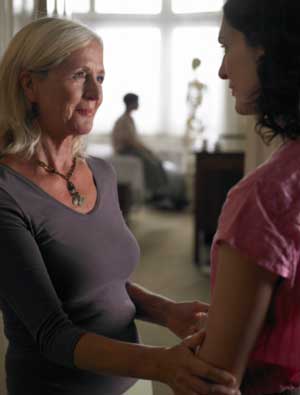Medical Treatments
Psychological treatments used by psychologists and psychiatrists may not only help a person to recover, but can also help to prevent a recurrence of depression.
Cognitive Behaviour Therapy (CBT)
One of the most effective psychological treatments is Cognitive Behaviour Therapy. CBT is a structured program which recognises that the way people think affects the way they feel. CBT teaches people to think rationally about common difficulties, helping a person to change their thought patterns and the way they react to certain situations.
When people are depressed, they may think negatively about themselves. Negative thinking interferes with recovery and makes the person more vulnerable to depression in the future. It is important to recognise unhelpful thoughts and replace them with more realistic thoughts.
As well as helping people manage negative thoughts, CBT also involves looking at behaviour. This involves helping people find new ways of going about their everyday life. This may include the way a person may react to certain people or situations and/or how a person might plan their day. Learning these types of techniques can help recovery and prevent relapse.
Interpersonal Therapy (IPT)
People with depression may sometimes be easily upset by other people's comments. They may feel criticised when no criticism was intended. IPT helps people find new ways to get along with others.
Family Therapy
Family and close friends of a depressed person need to know more about the illness because their support and understanding is very important. Family Therapy helps family members and close friends learn about depression. It helps people find new ways to support and get along with the family member or friend who has depression.
Psychodynamic Psychotherapy
This form of therapy is usually long term and looks at how past experiences affect people. It focuses on the way childhood and earlier life experiences affect how the person thinks and acts now. It has been found to be particularly helpful in treatment and management of Generalised Anxiety Disorder (GAD) and phobias, particularly those first experienced in childhood.
For more information on any of these treatments, please see you doctor. If you need help finding a doctor, please check our Resources page.


